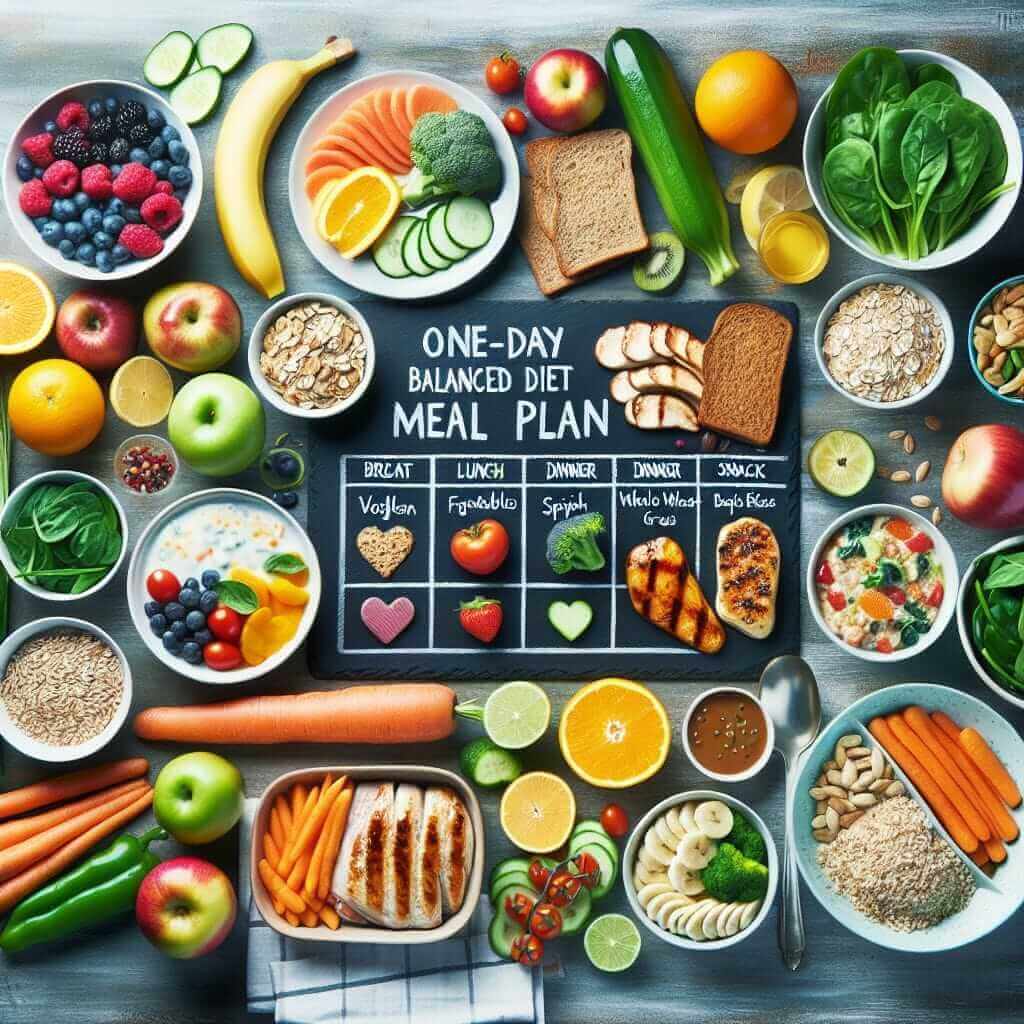As an IELTS instructor with over 20 years of experience, I often encounter students who feel anxious about the IELTS Speaking test, particularly when faced with unfamiliar topics. One such topic that can throw off even the most prepared candidate is “What do you eat every day?”. While seemingly straightforward, this question delves into your vocabulary related to food, dietary habits, and cultural influences on eating patterns. This article aims to equip you with the knowledge and strategies to confidently tackle this topic and boost your IELTS Speaking score.
Understanding the “Food” Topic in IELTS Speaking
The IELTS Speaking test assesses your ability to communicate effectively in English. Examiners are looking for fluency, coherence, lexical resource (vocabulary), grammatical range and accuracy, and pronunciation. The topic of “food” can appear in any of the three parts of the Speaking test. Here’s why it’s significant:
- Everyday Vocabulary: It tests your ability to use everyday vocabulary related to meals, ingredients, cooking methods, and taste preferences.
- Cultural Awareness: Your response can reveal insights into your cultural background and how it influences your dietary choices.
- Expressing Opinions and Preferences: You’ll need to articulate your likes and dislikes, providing reasons and examples to support your views.
Approaching the “Do You Know What You Eat Everyday?” Question
This question might seem tricky, as it implies you should be able to recall every single item consumed. However, the examiner is more interested in your ability to:
-
Describe Your Typical Diet: Provide a general overview of your daily eating habits. Do you typically eat three meals a day? Do you snack? Are your meals home-cooked or do you eat out often?
-
Highlight Key Components: Mention staple foods in your diet. For instance, “My diet primarily consists of rice, vegetables, and lean protein sources like fish and chicken.”
-
Explain Your Choices: Briefly touch upon factors influencing your eating habits. These could be cultural norms, health concerns, personal preferences, or time constraints. For example, “Being vegetarian, I make sure to incorporate a variety of legumes and lentils into my meals for sufficient protein intake.”
-
Use Varied Vocabulary: Instead of repeating basic words like “good” or “delicious,” employ a wider range of adjectives to describe taste, texture, and appearance. For example:
- Taste: savory, spicy, tangy, bitter, sweet
- Texture: crunchy, chewy, creamy, crispy
- Appearance: vibrant, colorful, appetizing

Example Answer and Analysis
Examiner: Do you know what you eat every day?
Candidate: Well, I wouldn’t say I can recall every single thing, but I do have a fairly routine diet. I usually start my day with a light breakfast of yogurt and fruit, followed by a more substantial lunch of rice or noodles with vegetables and tofu. Dinner tends to be lighter, often a soup or salad. I try to incorporate a variety of fresh produce into my meals as I believe a balanced diet is crucial for good health.
Analysis: This response demonstrates a good understanding of the question’s intent. The candidate provides a clear overview of their typical diet, highlighting key components and reasons for their choices. The language is natural and fluent, showcasing a good range of vocabulary.
Tips for Success
- Practice Speaking: Regularly practice speaking about your daily diet and food preferences. Record yourself to identify areas for improvement.
- Expand Your Vocabulary: Note down new food-related words and phrases you come across. Use a Thesaurus to find synonyms for commonly used words.
- Think About Your Culture: Reflect on how your cultural background has shaped your eating habits. Be prepared to share examples.
- Stay Calm and Composed: Speak clearly, maintain eye contact, and don’t be afraid to pause and think before you answer.
Remember, there are no “right” or “wrong” answers in the IELTS Speaking test. The key is to demonstrate your ability to communicate effectively and showcase your language skills. By following these tips and practicing regularly, you’ll be well-equipped to confidently discuss your daily diet and impress the examiner.